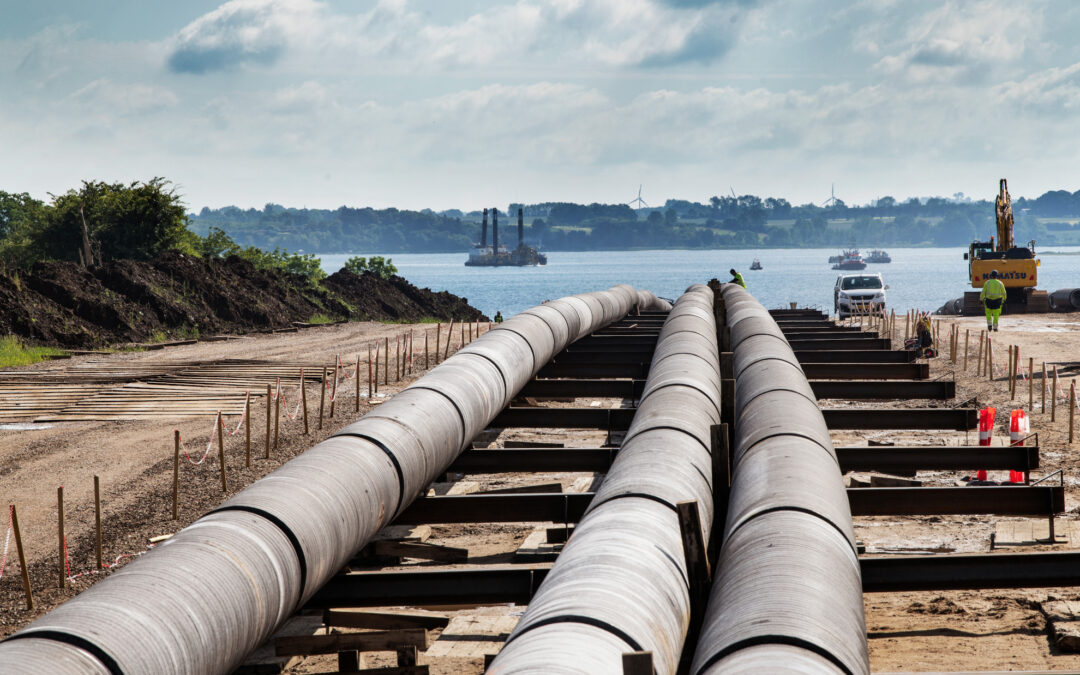A planned pipeline bringing gas from Norway to Poland via Denmark is on track to be operating at full capacity by the end of 2022. That date coincides with the end of Poland’s current long-term contract with Gazprom, as the country seeks to diversify away from Russian supplies.
“Next year, gas from Norway will flow through this pipeline to Poland,” said Piotr Naimski, the government’s plenipotentiary for strategic energy infrastructure, speaking on Monday in Pogorzelica, where the pipeline will enter Poland.
There had been some concerns that the planned autumn 2022 completion date might have to be pushed back after work in Denmark on the pipeline was halted following the withdrawal of an environmental permit.
But Naimski said yesterday that the Baltic Pipe will be launched in October 2022 and will initially have a capacity of around 2-3 billion cubic metres. It will then reach its full capacity of 10 billion cubic metres at the start of 2023, he added, citing declarations from the Danish government and operator.
Ships laying pipes on the bottom of the Baltic Sea only had a final few kilometres left to reach the coast, said Naimski, quoted by the Polish Press Agency (PAP). The next phase will involve placing pipelines in a prepared tunnel inland.
The 900-kilometre (560-mile) pipeline is seen as a vital part of Poland’s efforts to wean itself and other Central and Eastern European countries off reliance on Russian gas.
“The Baltic Pipe…will allow for the replacement of supplies from Russia. This will be the moment when Russia will lose the ability to put political pressure on Poland by regulating gas supplies,” said Naimski.
The country’s current contract with Gazprom will lapse in December next year. The Polish government has expressed its intention not to renew that deal, and to “free itself” completely from Russian supplies.
As part of these efforts, Poland has sought to increase imports of liquefied natural gas (LNG) via the regasification terminal in Świnoujście on the Baltic coast, which received its first shipment of fuel in 2015.
Poland has also been a vocal critic of the Nord Stream 2 pipeline that will bring Russian gas directly to Germany, bypassing Central and Eastern Europe. Warsaw argues that this will give the Kremlin greater influence over the region.
Main image credit: Energinet via Baltic Pipe press material

Maria Wilczek is deputy editor of Notes from Poland. She is a regular writer for The Times, The Economist and Al Jazeera English, and has also featured in Foreign Policy, Politico Europe, The Spectator and Gazeta Wyborcza.




















